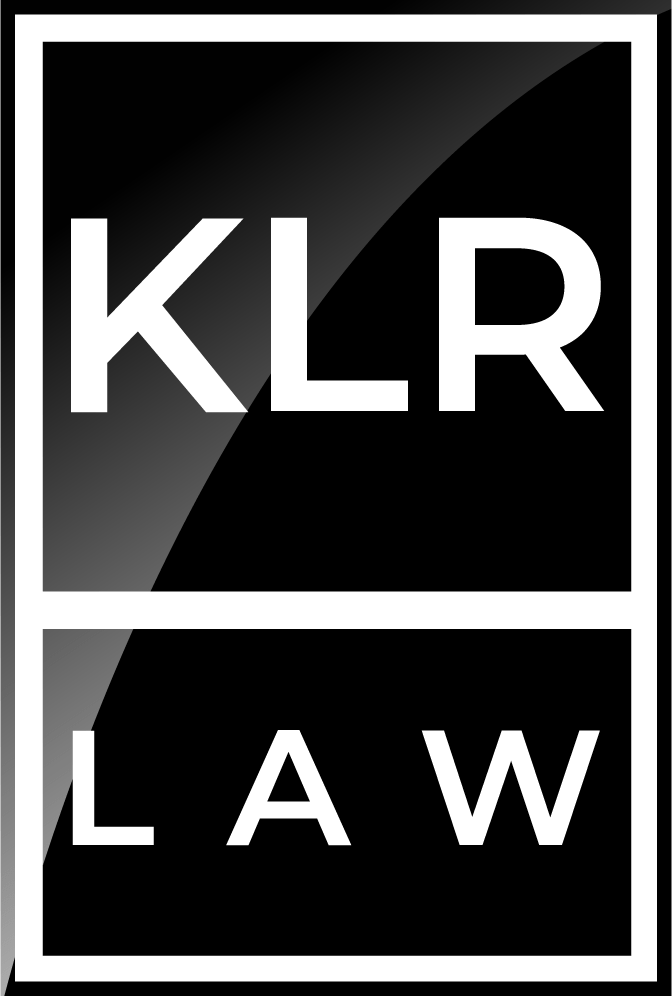Conveyancing and property law are relevant in many legal transactions – whether you are buying or selling a house, transferring property pursuant to family law orders or leasing premises for your business. Our conveyancing and property law services include:
- Buying or selling residential, rural, or commercial property
- Auction sales and purchases
- Off-the-plan purchases and sales
- Retirement village contracts
- Mortgages and loan agreements
- Property development and subdivisions
- Property co-ownership disputes
- Commercial and retail leasing
Buying and selling residential property
Signing a contract for the sale and purchase of land creates binding obligations between the parties so it is important to be guided by an experienced professional. Whether you are buying your first property, selling your family home, or increasing your investment portfolio, we can help.
Conveyancing is the process of transferring real estate from one party to another. A property transaction is often the largest financial transaction we will ever make, yet the legal process moves quickly, providing no room for error. The smallest oversight can have big financial implications.
The role of your lawyer in a conveyancing transaction is to manage the relevant administrative and legal processes required to transfer title of the property (as relevant) from the seller to the buyer. Your lawyer can explain your legal position under the contract and help to protect your interests.
If you are buying, various searches and investigations may be recommended to ensure there is nothing preventing the transfer of clear title and that you understand exactly what you are purchasing.
If you are selling, a written contract must be used that sets out specific details of the property and complies with any prescribed disclosure requirements.
The transfer of property may also trigger financial considerations such as capital gains tax, land tax and transfer duty.
Commercial and retail leasing
A commercial lease sets out the terms and conditions for a lessee (tenant) to occupy and run its business operations from premises owned by the lessor (landlord).
If the premises fall within the meaning of ‘retail’ the lease will be governed by the Retail Shop Leases Act 1994. This legislation aims to protect tenants by promoting transparency and fairness in the retail leasing industry. In such cases, there are mandatory requirements regarding some of the lease provisions and the lessor must provide specific disclosure information to the lessee.
Leasing disputes can arise because the parties do not fully understand their rights and responsibilities under the lease, or the agreement is incomplete or ambiguous. Investing in legal advice and having your lease professionally prepared and reviewed before allowing or taking possession of premises can help minimise potential disputes, business interruption and financial loss.
Retirement villages
A retirement village is typically a community-style development offering accommodation options to retirees, generally aged over 55 years. There are different types, and the legal arrangements vary. Some arrangements provide for outright ownership whereas others are loan-licence or leasing arrangements.
Retirement village operators should provide prospective residents with certain disclosure information during negotiations. The contract governs the rights and responsibilities of the resident and retirement village, and should set out details of occupancy rights, use of common facilities, services which may include assisted living, the fee structure including ongoing contributions for management and maintenance, and relevant exit fees.
It is important to have your proposed contract reviewed to ensure it meets your needs and that you understand the legal implications. It may also be beneficial to obtain advice from your accountant or financial planner on the financial implications of entering into the contract.
E-conveyancing
Conveyancing transactions were traditionally completed when the legal and lending representatives met to exchange title documents and bank cheques. Settlements have now moved to an electronic platform through Property Exchange Australia (PEXA). Electronic conveyancing enables lawyers, conveyancers and financial institutions to lodge documents and complete settlements online providing greater convenience and faster access to settlement funds.
We are a modern, boutique law firm with significant experience and have helped many clients with a range of conveyancing and property law matters.
If you need assistance, contact us at [email protected] or call 07 5528 6840 for expert legal advice.

